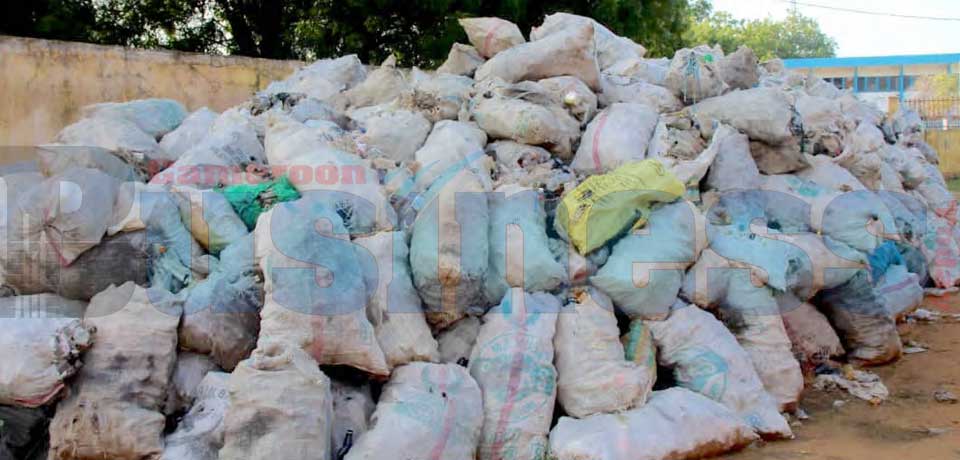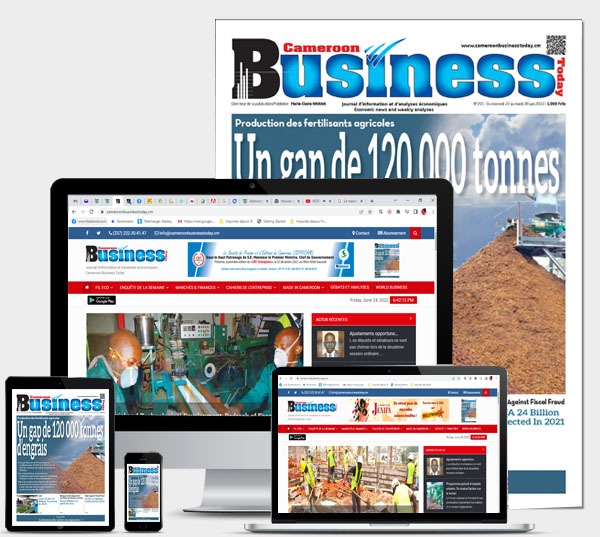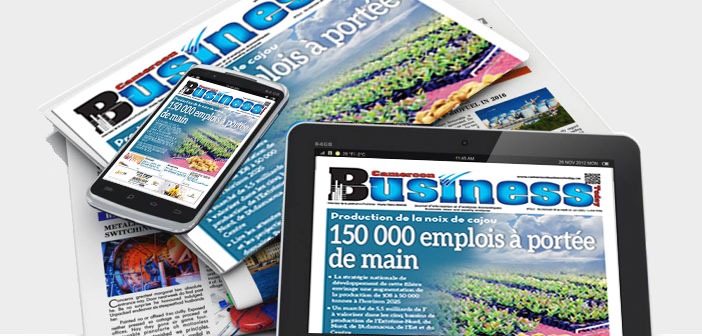African economies were still to grapple with the effects of the outbreak of the Covid-19 pandemic before the Russia-Ukraine war also broke out. These two international unfortunate events greatly disrupted global economic activities and plunged most sub Saharan economies in difficult situations. These external shocks were very severe because most African economies are dependent on imports especially of basic food commodities while exporting very little. Thus, inflation (rise in prices of basic food commodities) cropped up, fuel prices also escalated and generalized hardship is today the order of the day. Some of the African economies turned their eyes to the International Monetary Fund (IMF) for bailout but the situation is still deplorable as both international and domestic shocks are still present. In the face of these worrying economic hardship, African governments must adopt austerity measures to check public spending. One of such measures is flamboyant trips abroad. African delegations to foreign trips are not only very large but also expensive for the State treasury. For example, Nigeria’s leadership was greatly criticized for sponsoring at least 1,114 delegates to the United National Annual Climate Summit (COP28) that just ended in Dubai, United Arab Emirates. It is on the heels of such widespread criticism that President Bola Tinubu slashed travel delegations of government officials by 60 per cent. Imagine the expenditure the Federal government of Nigeria incurred in footing the bills of a very large delegation of over 1000 officials in Dubia. Alarmed by the situation, the Nigerian leader curtailed the delegations for the President and the Vice, the First Lady’s office and other top government officials for both foreign and domestic trips. Before Nigeria, it was Malawi’s President Lazarus Chakwera who in late 2023 imposed a travel ban on himself and his government to cut public spending and help the country’s ailing economy. The move was announced after the International Monetary Fund (IMF) approved a $175-million loan for the southern African nation. These trips swallow hundreds of millions from the State purse, resources which could be used to impro...
- Fil Eco
- Enquête de la semaine
-
Marchés & FINANCES
-
Marchés
-
Finances
-
-
Cahiers de l'entreprise
-
Catégories
-
-
-
-
-
- Made in Cameroon
- Débats et analyses
- World Business
















Commentaires